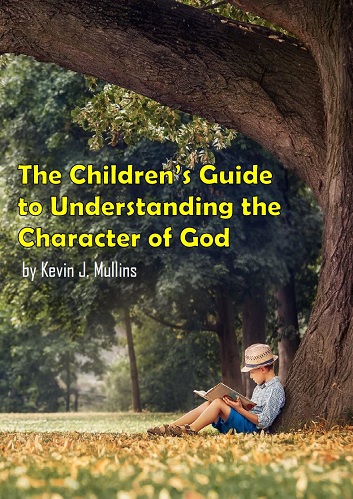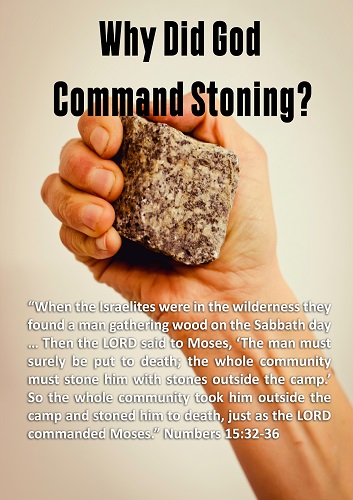The Use of the Term Trinity
Originally titled: Why you still must use the term (Trinity), even if you dis-believe the creed-defined concepts
In modern discussions of ecumenical unity among all Christian denominations, churches are not required to submit to Rome's authority by professing any precise definition of Trinitarianism. However, all are required to simply, even superficially, affirm a strong belief in the TERM itself (i.e. I believe in the "Trinity") however that may be defined.
For SDA's, the apostasy into a doctrinal downfall regarding the identity of "God" BEGAN not with L. E. Froom, nor from Trinitarian concepts spirratically published by SDA's before the death of E.G.W. Adventist acceptance of Trinitarianism did NOT begin with Jones and Waggoner in 1888, and it did not begin from reading E.G.W. statements from "The Desire of Ages" (1898). It can be clearly demonstrated that Adventist acceptance of Trinitarianism first began by short-shortsightedly using the Trinity "TERM" to express non-trinitarian concepts (i.e. SDA's believe in "the Bible doctrine of the trinity", not human speculations). (see "A criticism considered"; pg. 112)
The early Adventist's candidly believed and published non-trinitariansim (i.e. the term and concept is false: there is no trinity). After Canrights book and accusation in 1889, "They [SDA's] reject the Trinity", many SDA's struggled how to respond to Canright's accusation. Some began expressing their non-trinitarian views while calling it a "biblical Trinity". Over time, the term evolved in SDA thinking from a non-trinitarian alternative in contrast with Rome; to become a fundamental doctrine essentially the same.
Those who assert that using the "term" Trinity is of little importance one way or another, simply do not understand the significance of its historical and modern context. In 2010 there may exist hundreds of interpretations and variations of the doctrine itself; yet, affirming the Trinity term has become more necessary for maintaining a perceived "orthodoxy" than ever before.
J.H. Waggoner wrote a good article explaining why the Trinity doctrine is the foundation of Rome's authority.
"Why was it that the Roman see, no matter who was the incumbent, no matter what was his faith in other respects, was ever set in defense of the creed of Athanasius? We need not go far to find the sufficient reason. As Athanasius and Arius were the two conspicuous men before the Council of Nice, the question of the unity or the trinity of the Godhead was the exciting question before the council. The council adopted the doctrine of the trinity; and thenceforth, to swerve from the Athanasian creed was to discredit the Council of Nice. But the primacy of Rome rested entirely on the decision of the Council of Nice; therefore to discredit that council was to strike at the foundation of the Roman primacy. Never was found a Roman bishop who was so unmindful of the dignity of his see as to permit a breath of reproach to be breathed against the Council of Nice. This is the great controlling reason why the church and subsequent councils were bound to conform to the canons and confession of that first general council under Constantine. Other councils were larger in numbers, and the bishops were equal in ability and dignity to those assembled at Nice, and they might contradict each other in direct terms, and the contradictions were lightly passed over; but there were the most persistent efforts put forth to keep the Council of Nice as the standard of orthodoxy for all time. It is this that makes the Catholic Church emphatically the church of Rome." (J. H. Waggoner, "The Pope of Rome", S.T. 1889, pg. 130)





